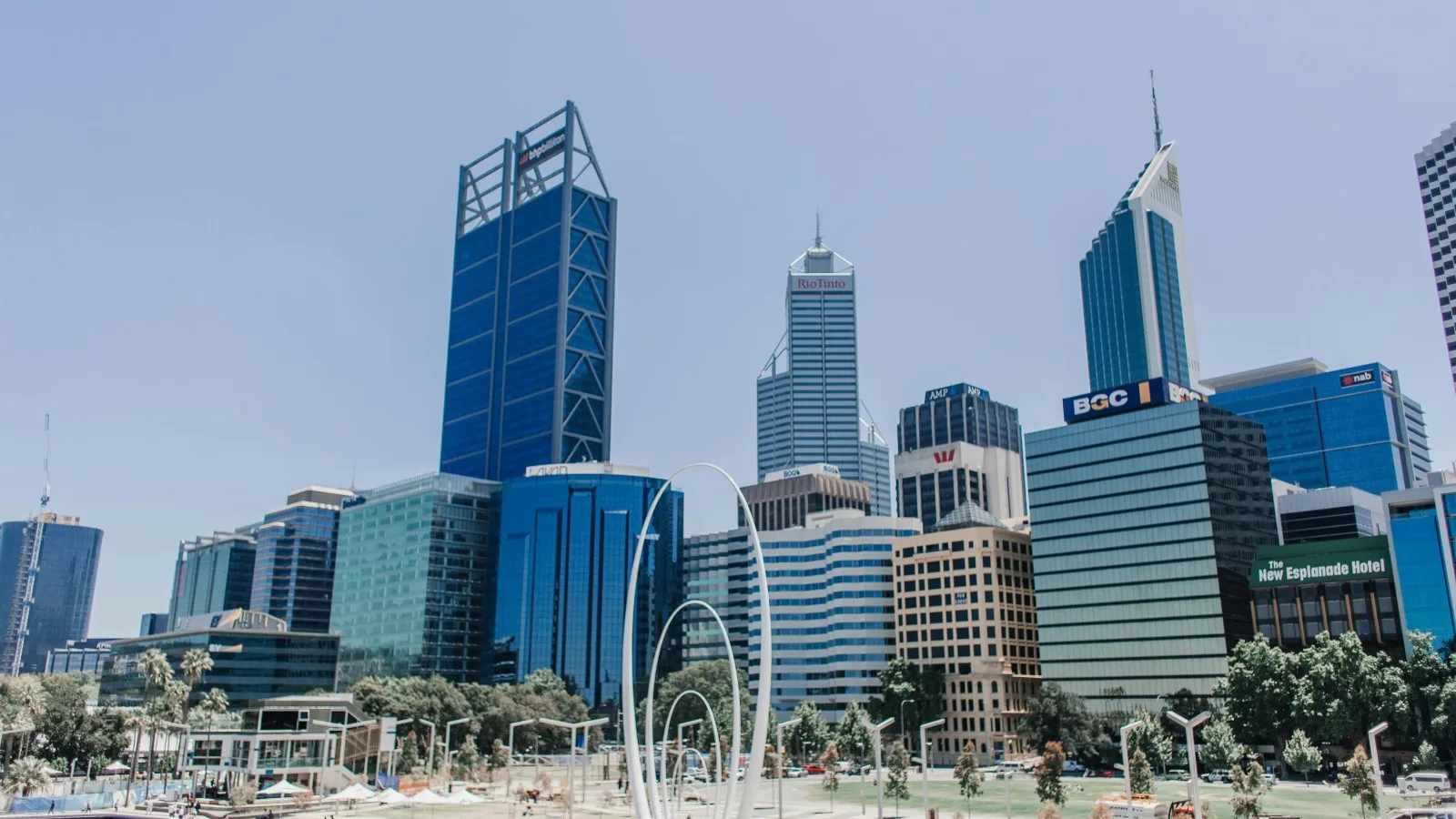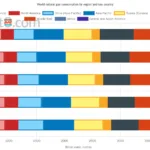Original Report: www.abc.net.au(full story)
Amid changes in local resources policy and increasing American influence: Recently, the state government of Western Australia relaxed its ban on gas exports from the Perth Basin, allowing major industry figures to sell gas to overseas buyers. While this policy shift may only result in limited additional LNG exports, it nonetheless reflects industry pressure for liberalization.
Woodside, previously seen as a strictly Australian company, has increasingly aligned itself with the United States’ energy landscape. This shift is characterized by the appointments of executives from U.S. oil and gas firms and significant investments in North America, including a $7.2 billion project in Mexico and a $900 million acquisition related to an LNG terminal in Louisiana. As Woodside’s focus and capital investment have gravitated toward the U.S., questions have emerged regarding its future as a flag-bearer for Australia’s energy sector.
There are speculations about Woodside potentially relocating its headquarters to the U.S., given the disparity in market valuations between U.S. and Australian companies. Despite the challenges tied to such a move, analysts suggest that the allure of a stronger market presence in the U.S. is tempting due to the stagnation in its share price in Australia.
The possibility of a takeover by a major U.S. firm is also a point of concern, with analysts wondering if the Australian government would intervene to prevent such a shift. Historically, Woodside has been regarded as a key player in Australia’s energy landscape, but current trends indicate that its future may increasingly reflect U.S. influence, threatening its political power in Australia.







